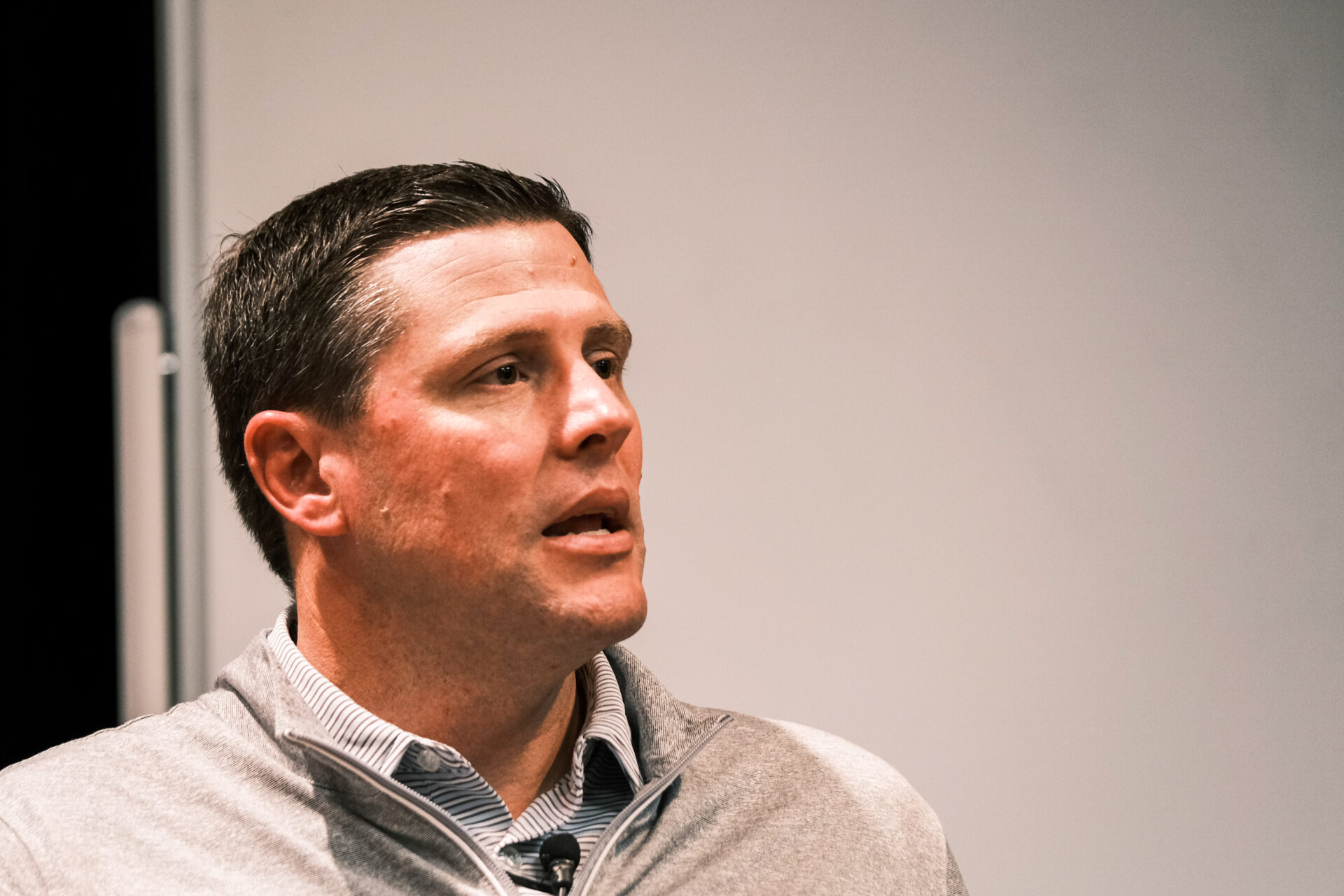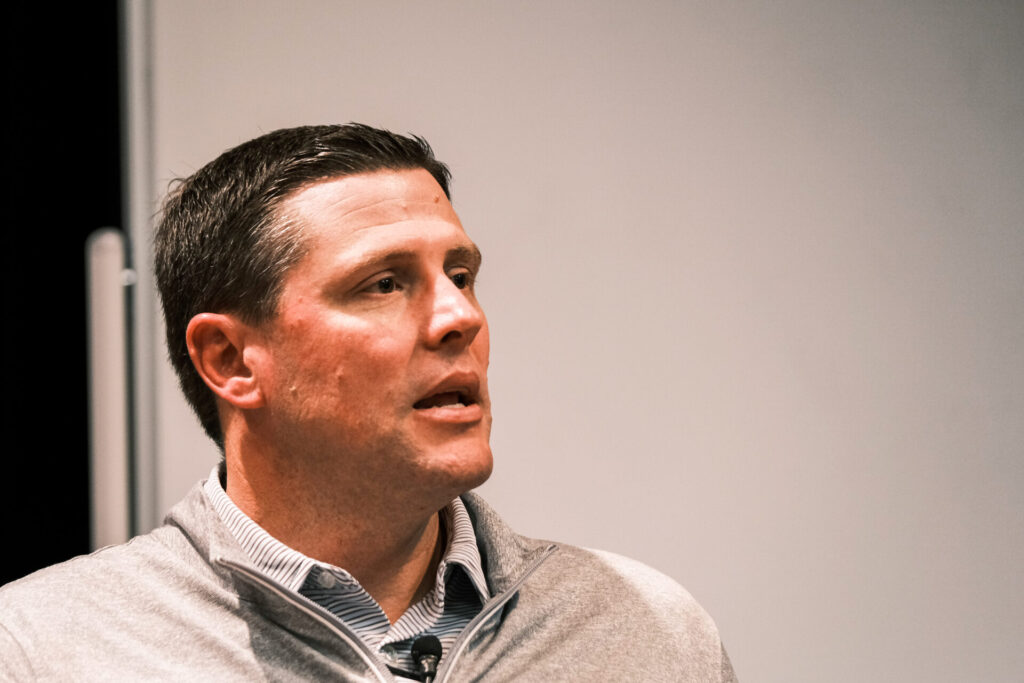Athletics
Ole Miss A.D. Speaks on Player Compensation

By Austin Stark / Journalism Student

Compensation for student-athletes for the use of their names, images, and likenesses (NIL) is bound to happen. The question is, how will it be implemented?
The Mississippi legislature has joined the NIL legal battle by passing a bill to compensate student-athletes, and Gov. Tate Reeves signed the Mississippi Intercollegiate Athletics Compensation Rights Act on April 16, 2021, becoming the seventh state to pass such legislation. The bill will go into effect July 1 – the same day as a similar bill in Florida.
The law, in short, will allow third parties to pay an athlete for his or her name, image, and likeness.
Keith Carter, athletic director at Ole Miss, wants student-athletes to have the ability to sign sponsorship contracts and run camps in their hometowns – among the many other opportunities that come with compensation.
“Student-athletes should have the same opportunities to grow their brand and make money [just like] the normal student,” Carter said.
Between state and federal laws, and NCAA rules, it is often unclear what student-athletes and universities can do.
“The hope is that there is a national solution by then, so that everyone, all 50 states, are playing from the same rulebook,” Carter said.
Uniformity at the state level is difficult to imagine. Multiple bills are before Congress, with various methods for compensation. If uniformity is not reached among the states, the NCAA or its member schools may file lawsuits against a state for violating laws on interstate commerce.
One route would give student-athletes rights for up to 50% of the revenue raised by college athletic departments.
Under S.5062, otherwise known as the College Athletes Bill of Rights, proposed by Sen. Cory Booker (D-N.J.), Ole Miss would be required to pay $27.6 million in revenue sharing and $4.3 million in medical trust contributions. The total would be nearly 30% of the Ole Miss $108 million athletic revenue from the FY19, and Carter acknowledges that cuts would be made.
“But with half of our operating revenue, we’re not able to support some of our sports,” Carter said. “So all of a sudden you’re taking opportunities away from our Olympic sports whether its volleyball, soccer, golf, tennis or track and field”.
Ole Miss maintains 16 sanctioned sports, and it is difficult to imagine it would stay that way should a revenue-sharing bill be passed.
Using a breakdown of the LSU athletics revenue for the FY2017, the athletic department hauled in $147.744 million. Football – by no surprise – raked in $86.183 million, just shy of 60% of their total revenue. Only three of the 17 sanctioned sports (football, baseball, and men’s basketball) turned a profit. There were no women’s sports to profit. Women’s basketball had the largest loss of $3.999 million and beach volleyball with the smallest loss of $704,387.
The future of women’s collegiate sports is uncertain should revenue sharing be the path taken.
However, the College Athletes Bill of Rights is not the only federal legislation on the table.
Sponsored by Roger Wicker (R-Miss.), S. 5003 or the Collegiate Athlete Compensation Rights Act, would solidify the federal NIL right, allow student-athletes to hire sports agents, and provide an opportunity for them to earn money from third parties – such as negotiating endorsements.
Student-athletes would not be classified as employees of their respective universities, preventing them from unionizing. They would also only be eligible to earn compensation after they have completed 12 percent of the credits required to graduate. Finally, the bill protects universities by allowing them to prevent endorsements that may conflict with another, such as differing apparel sponsorships between individual athletes and the universities.
“Clearly if there are different rules for different states and different conferences, that creates an untenable situation. I just think most people would agree that we need to have one set of rules,” Wicker said, reported by Sportico.com.
While more federal proposals exist, these two are the most notable.
According to Carter, schools are already starting to use NIL compensation in their states as a recruiting tool. Ole Miss, Mississippi State, and the University of Florida will become the first three SEC schools to reap the benefits of NIL compensation.
The next step in the process will involve the U.S. Supreme Court. The NCAA has withheld any further consideration of NIL rules until after a decision has been rendered in the case of NCAA v. Alston by the end of June.
Once the Supreme Court has ruled on the Alston case, expect more shakeups in the compensation talks.







































